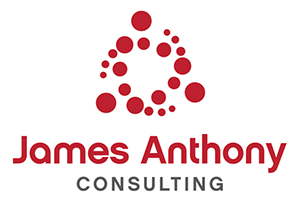Top 5 Reasons Your Website Isn’t Converting Visitors Into Customers
Your website might have plenty of traffic, but if visitors aren’t converting into customers, it’s time to take a closer look. Conversion rates depend on how well your site engages users and drives them toward a desired action. Here are the top five reasons your website isn’t converting and how to fix them.
1. Poorly Defined Calls to Action (CTAs)
Your website’s CTAs are like signposts for visitors. If they’re unclear, unappealing, or hard to find, potential customers may leave without taking the next step.
Fix it:
Use action-oriented language like “Sign Up Now” or “Get Started Today.”
Place CTAs prominently above the fold and throughout the site.
Test different designs and wording to see what resonates with your audience.
2. Slow Loading Times
A website that takes too long to load is a major turn-off for visitors. Research shows that even a one-second delay can significantly reduce conversions.
Fix it:
Compress images and optimise videos.
Use caching and a content delivery network (CDN).
Regularly test your site speed using tools like Google PageSpeed Insights.
3. Lack of Trust and Credibility
If visitors don’t trust your site, they’re unlikely to convert. Missing trust signals, outdated design, or poor-quality content can make your site seem unprofessional.
Fix it:
Add trust badges, customer testimonials, and case studies.
Ensure your website has an SSL certificate (look for “https” in the URL).
Regularly update content to reflect the latest information and trends.
4. Mobile-Unfriendly Design
With more users browsing on mobile devices, a website that doesn’t adapt to smaller screens will alienate a significant portion of your audience.
Fix it:
Use responsive web design to ensure your site looks great on any device.
Test your site on various screen sizes to check usability.
Simplify navigation and forms for mobile users.
5. Ineffective Content Strategy
Your content is the backbone of your website. If it’s not relevant, engaging, or aligned with user needs, visitors won’t stick around long enough to convert.
Fix it:
Identify your audience’s pain points and create content that addresses them.
Use clear and compelling headlines to capture attention.
Incorporate visuals like images, infographics, and videos to make content more engaging.
Conclusion
A successful website doesn’t just attract visitors – it guides them seamlessly toward conversion. By addressing these common issues, you’ll create a website that not only looks great but also delivers results.
Need help optimising your site for better conversions? Contact James Anthony Consulting today – we’re here to transform your website into a powerful business tool!

